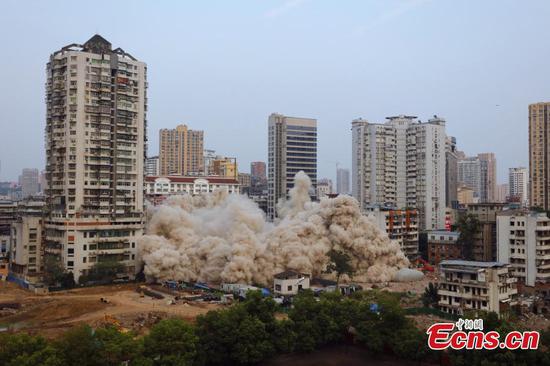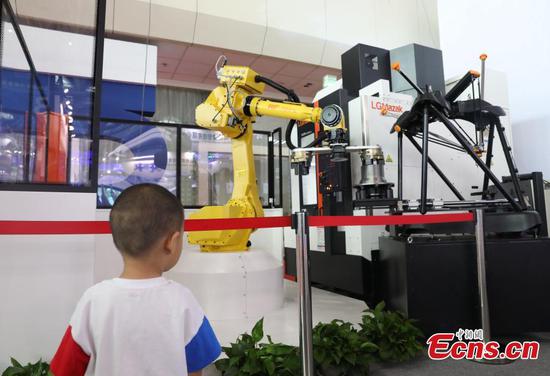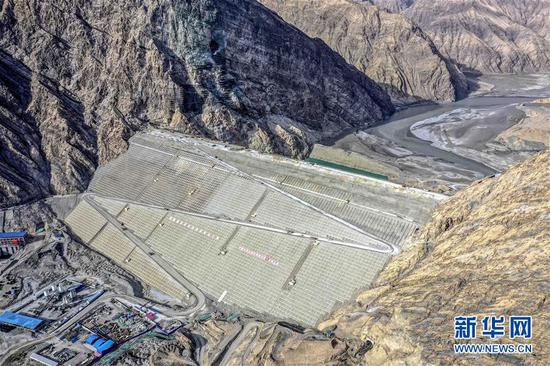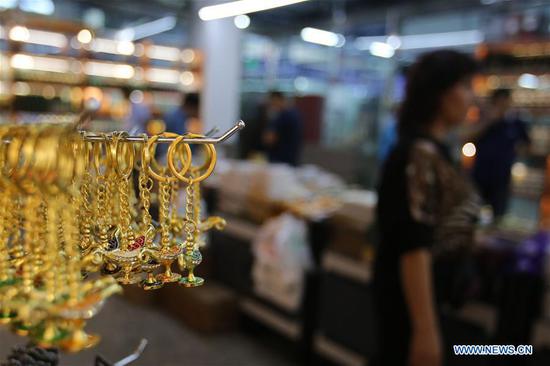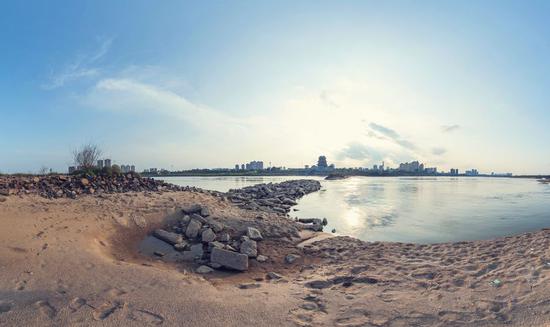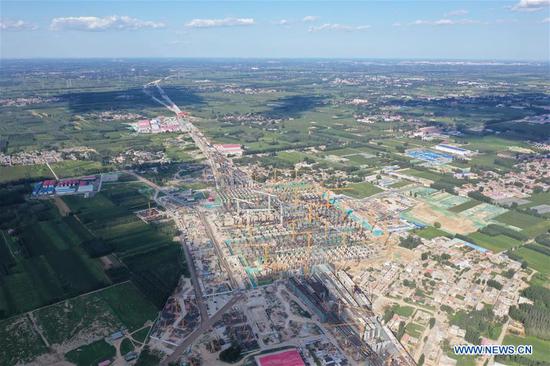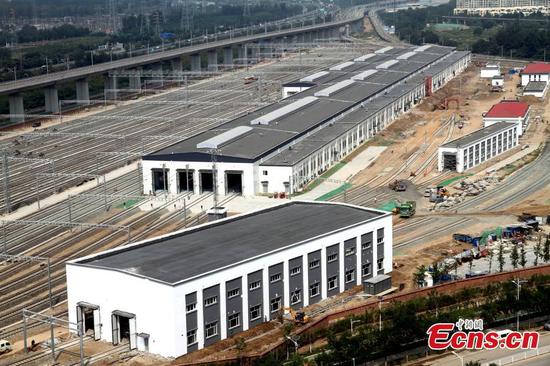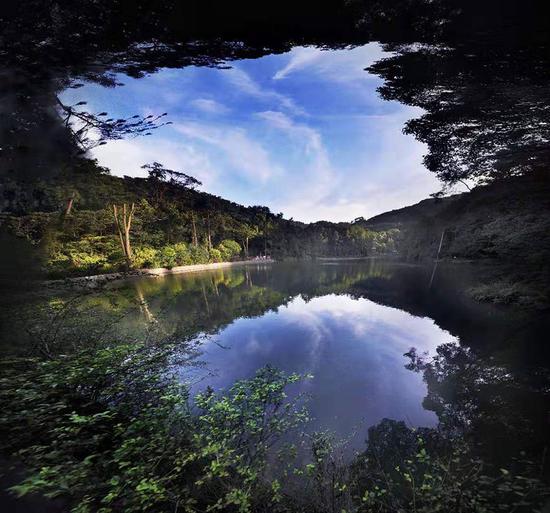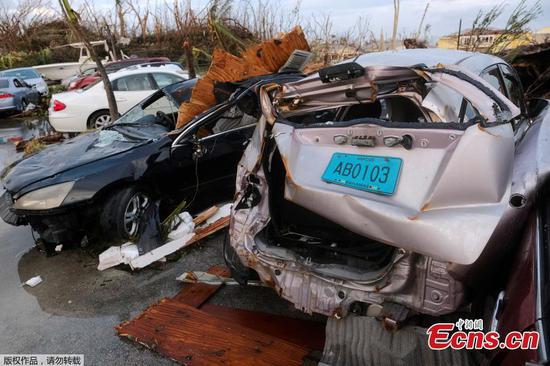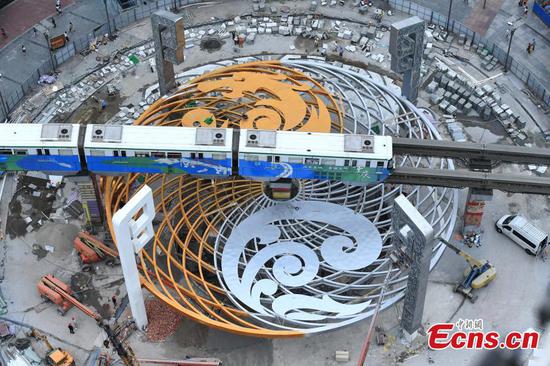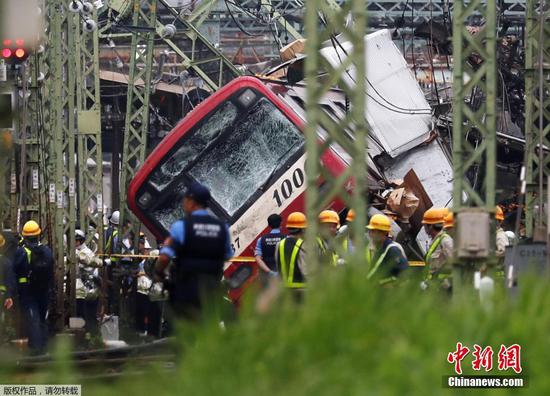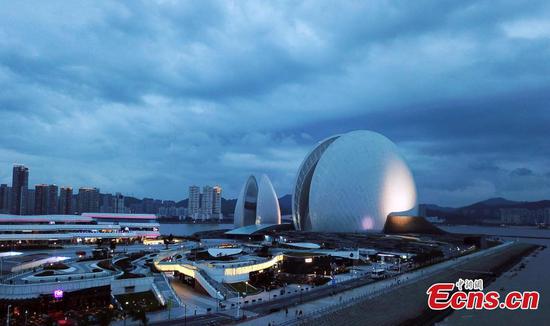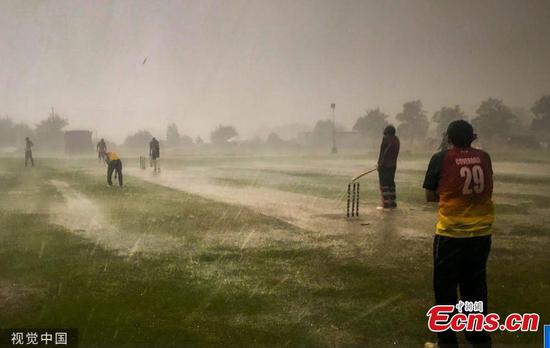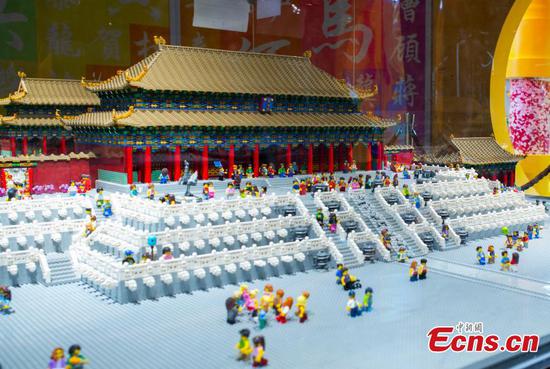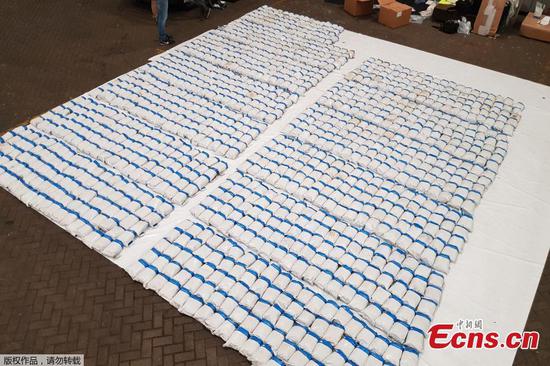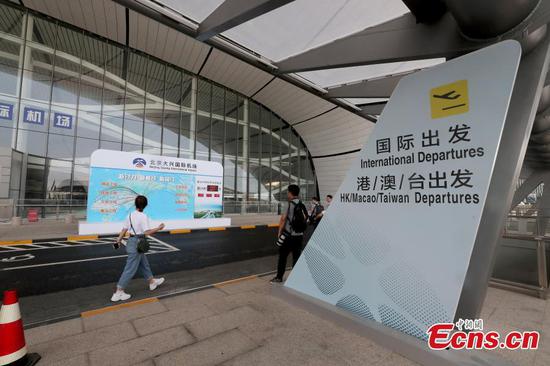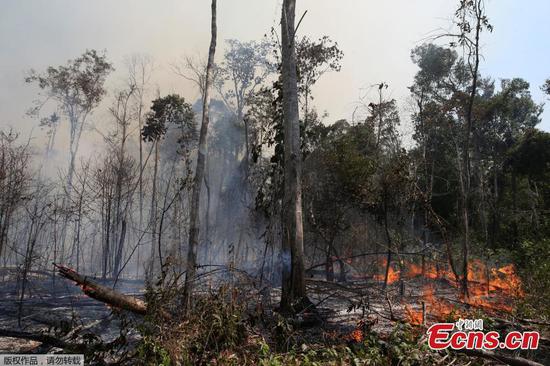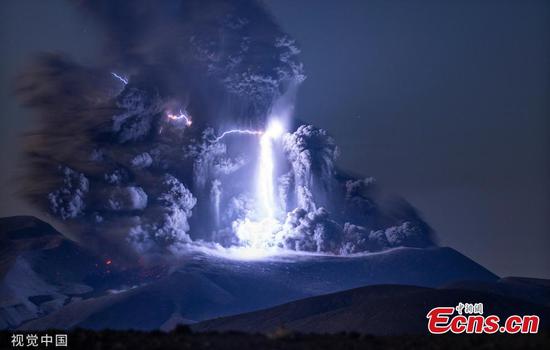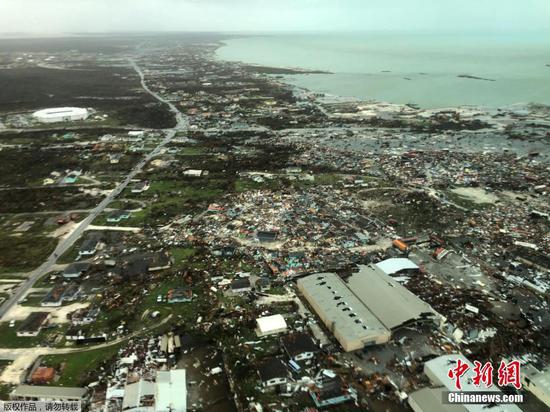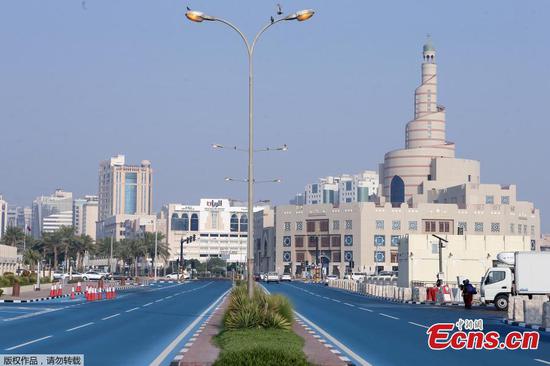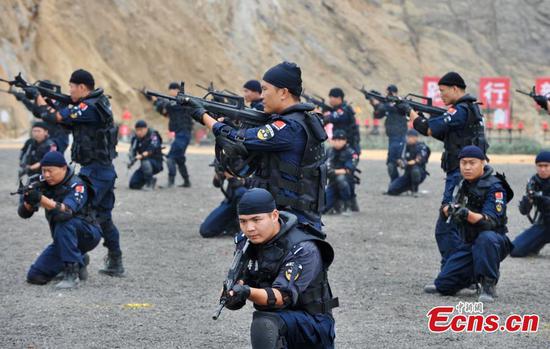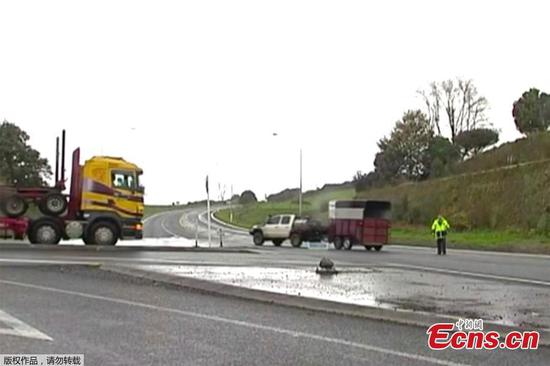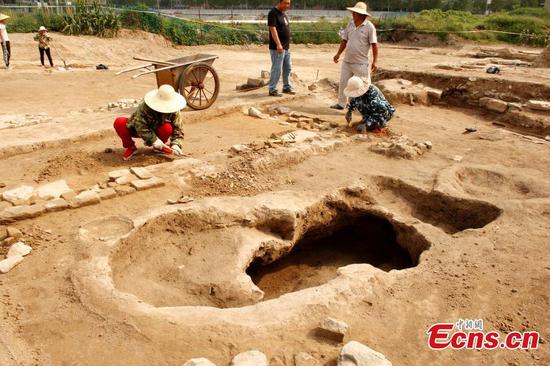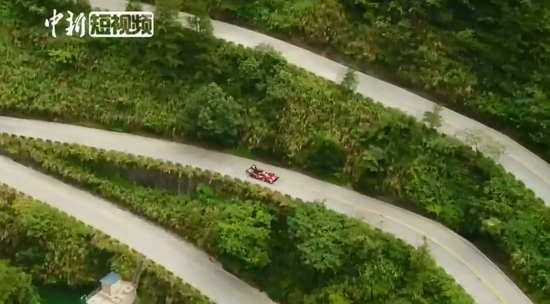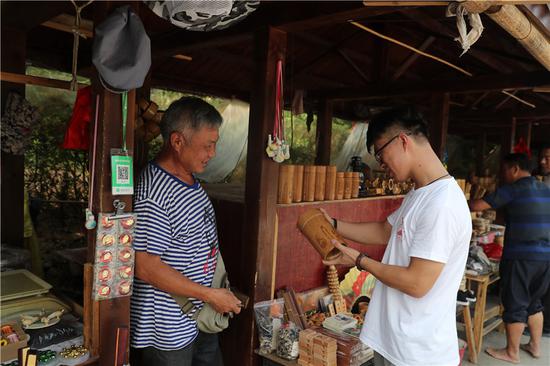
Millions of visitors are flocking to the birthplace of the revolution, creating business opportunities to lift villagers out of poverty. (China Daily/Wang Jing)
Impoverished past
Before the tourism boom, the majority of people living in Jinggangshan were trapped by poverty, due mainly to the difficult terrain, isolation and poor farming conditions.
Like Xiao, many once made a humble living by planting rice, trading salt and raising livestock.
Located deep in the mountains without access to public transportation, many villages in Jinggangshan are isolated. Young adults depart to seek employment in cities and other provinces, leaving behind the elderly and young to farm crops which barely produce enough food to fill their stomachs.
According to the villagers, the cold mountain water is not good for the crops. The terrain also means there is little available farming land, while the weather make vegetation susceptible to pests.
Zhu Taosheng, who once lived in poverty in Dajing village, said they ate what they grew and bamboo was their only source of income.
"In the '90s, we couldn't even fill our stomachs. The rice yield was very low and many young men in the village couldn't find wives," he said.
Zhu, 59, hasn't been able to work for over 40 years after breaking his leg when he was 17. He married, though, and the burden of labor fell on his wife.
"Life was extremely difficult then," he said. "We quarreled so much over living. She was very mad and regretted marrying me and suffering. She even tried drinking poison."
Despite the hardship, Jinggangshan had one big advantage to lift it out of poverty-abundant historical sites marking the Chinese rural revolution.









